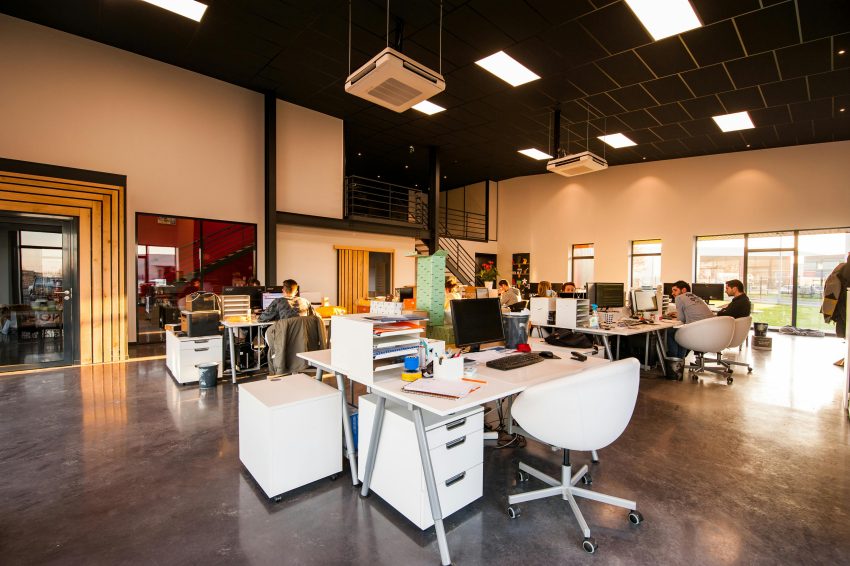When it comes to running a successful business, streamlining operations is key. One often overlooked aspect of this process is the role of business utilities. From electricity to water management, heating and cooling systems to Internet and telecommunications, and waste management and recycling, each utility plays a crucial role in ensuring the smooth functioning of your business.
In this article, you will explore the importance of these utilities and how optimizing them can lead to more efficient operations and increased productivity.
The Role of Electricity in Business Operations
Electricity is the lifeblood of any modern business. From powering machinery and equipment to providing lighting and heating, a reliable and efficient electrical system is essential. Investing in energy-efficient appliances and lighting can not only reduce your electricity bills but also contribute to a more sustainable operation. Additionally, implementing smart technology and automation can help monitor and control energy usage, allowing you to identify areas where energy can be conserved.
To ensure an uninterrupted power supply, it is important to have a backup generator in place. This is especially crucial for businesses that rely heavily on technology or have perishable inventory. Regular maintenance and inspections of your electrical system are also necessary to identify any potential issues and address them before they become major problems.
Efficient Water Management for Businesses
Water is another vital utility for businesses, particularly those in industries such as hospitality, manufacturing, and agriculture. Efficient water management is crucial not only for reducing costs but also for conserving this valuable resource.
Good water treatment services include plumbing services, which are essential to prevent leaks and water wastage. Regular inspections can help identify any potential issues and address them promptly. Implementing water-saving strategies such as low-flow fixtures, rainwater harvesting, and recycling wastewater can further contribute to efficient water management and sustainability.
Optimizing Heating and Cooling Systems
Heating and cooling systems are essential for maintaining a comfortable and productive work environment. However, they can also be major energy consumers. Optimizing these systems can result in significant energy savings and cost reductions. Investing in energy-efficient HVAC systems, such as those with programmable thermostats, can help regulate temperature and reduce energy wastage.
Proper insulation and sealing of windows and doors can also prevent heat loss or gain, ensuring your heating and cooling systems are not working harder than necessary. Regular maintenance and servicing of these systems are important to ensure they are operating at their peak efficiency.
Internet and Telecommunications for Streamlined Operations
In today’s digital age, a reliable Internet connection and efficient telecommunications are vital for streamlined business operations. From online communication and collaboration tools to eCommerce and customer support, a strong Internet infrastructure is essential. Investing in high-speed Internet and robust telecommunications systems can improve communication and data transfer, leading to increased productivity and customer satisfaction.
To ensure uninterrupted connectivity, consider having a backup Internet connection or redundant systems in place. Regular monitoring and security updates are also necessary to protect your business from potential cyber threats.
Waste Management and Recycling in Business Operations
Proper waste management and recycling practices are not only environmentally responsible but can also result in cost savings. Implementing recycling programs and reducing waste can help minimize landfill contributions and lower disposal costs. Recycling initiatives can include paper, plastics, glass, and electronic waste.
Additionally, composting organic waste and implementing energy-efficient lighting and appliances can further contribute to sustainable business practices. Educating employees about the importance of waste management and providing designated recycling bins can encourage participation and create a culture of sustainability within your organization.
Conclusion
In conclusion, business utilities play a crucial role in streamlining operations and ensuring the smooth functioning of your business. Electricity, water management, heating and cooling systems, Internet and telecommunications, and waste management are all important aspects to consider. By optimizing these utilities and implementing sustainable practices, you can reduce costs, increase efficiency, and contribute to a more environmentally friendly operation.

